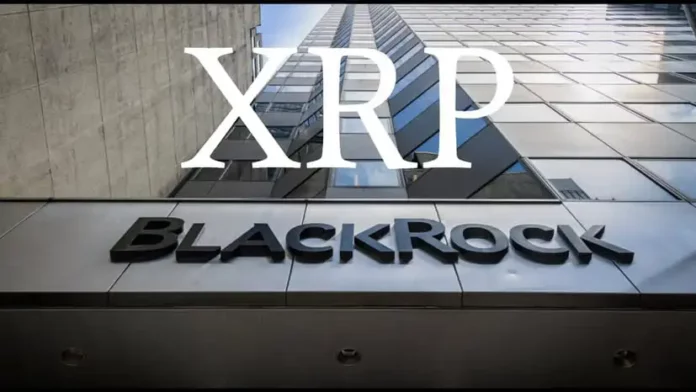EU committees approve ban on anonymous crypto transactions via hosted wallets
A majority of the European Parliament’s lead committees have approved a ban on cryptocurrency transactions of any value made through hosted crypto wallets. This comes amid the European Council and parliament provisionally agreeing to expand parts of the European Union’s Anti-Money Laundering (AML) and Counter-Terrorist Financing laws to cover the cryptocurrency market.
According to an X post by Patrick Breyer, a member of the European Parliament for the Piratenpartei Deutschland (Pirate Party of Germany), a “majority of the EU Parliament’s lead committees” approved the new AML laws on March 19.
Breyer is one of only two members who voted against the ban on anonymous crypto payments. Gunnar Beck of Alternative für Deutschland (Alternative for Germany) also voted against the ban. The ban applies specifically to hosted or custodial crypto wallets offered by third-party service providers, such as centralized exchanges.
The new AML legislation applies certain limits for cash transactions and anonymous cryptocurrency payments. Under the new rules, anonymous cash payments over 3,000 euros will be banned in commercial transactions, and cash payments over 10,000 euros will be completely banned in business transactions.
The new legislation is expected to be fully operational within three years from its entry into force. However, Dillon Eustace, an Ireland-based law firm, expects the legislation to become fully operational earlier.
Many cryptocurrency networks function within permissionless environments, allowing anyone to create a cryptographic private key and granting unrestricted, anonymous entry into the system — a fundamental principle of crypto.
Related: UK treasury seeks to improve AML through crypto supervision changes
In a press release after the lead committees approved the legislation, Breyer outlined why he opposed the bill, saying it compromises economic independence and financial privacy. He said he considers the ability to transact anonymously a fundamental right.
The crypto community has had a mixed response to the EU’s regulatory measures. Some believe the new AML laws are necessary, while others fear they may infringe on privacy and restrict economic activity.
Daniel “Loddi” Tröster, host of the Sound Money Bitcoin Podcast, underscored the practical hurdles and consequences of the recent legislation. He outlined the impact on donations and the broader implications for cryptocurrency use within the EU and expressed concerns over the stifling effect the rules could have.
Magazine: Hodler’s Digest, Jan. 7–13: Venezuela shuts down Petro, SEC’s X account hacked, Bitcoin ETFs go live
Disclaimer: The content of this article solely reflects the author's opinion and does not represent the platform in any capacity. This article is not intended to serve as a reference for making investment decisions.
You may also like
“Hyperliquid 50x Whale” opens 40x BTC short position, with a position value of $160 million
Code of Joker game will reappear on smartphones in a new version via Sui blockchain
Share link:In this post: The arcade Code of Joker existed from 2013 to 2019 The game will run on a platform Mysten acquired just days ago. Sui partnered with Jokers, Inc., which is obtaining more games to revive in Web3
RLUSD Can Be Frozen for Compliance, Ripple CTO Admits

BlackRock to File XRP ETF Only After SEC Lawsuit Resolution, Expert Says

